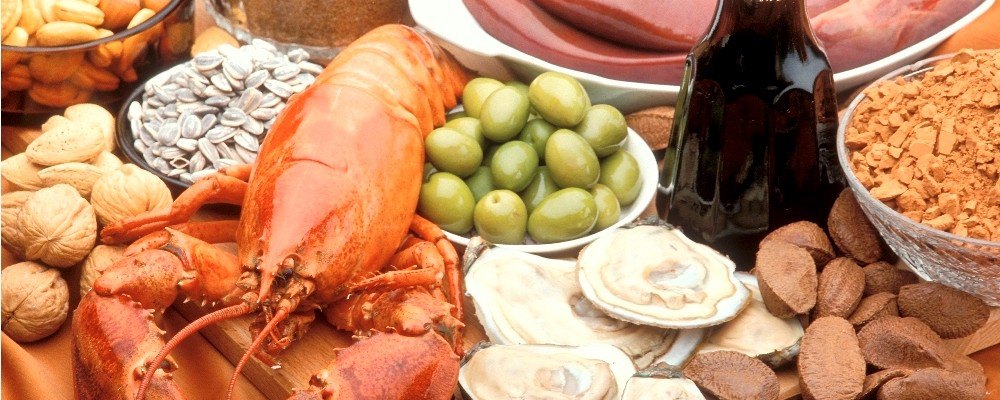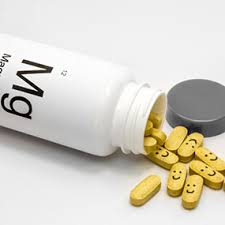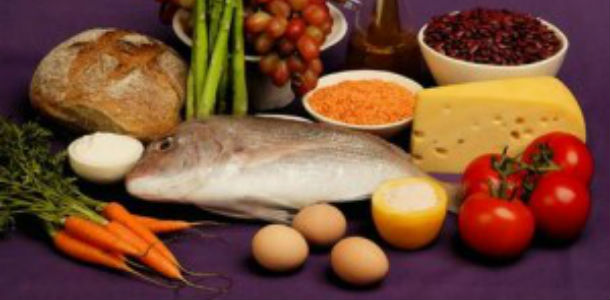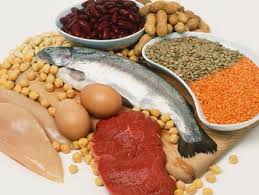Minerals Nutrition: What About Copper?
Remember when you were a kid and you stuck your wet lip onto your popsicle and it froze and left little blood spots behind when you pulled it off? Remember how it tasted when you licked your lip afterward, that funny metallic taste? That’s copper. Copper is an extremely important element for minerals nutrition found in every single tissue of the body, especially the brain, heart, liver, and kidneys. Without copper, our bodies wouldn’t be able to create new cells for our cardiovascular or musculoskeletal systems. Copper prevents anemia by regulating iron levels and it’s essential in order to produce energy. Dietary insufficiency of copper during pregnancy can leave the baby with a whole host of problems, including cardiovascular disease, abnormal brain development, and impaired growth and development of the baby as a whole. Lack of adequate levels of copper is suspected to be a contributing factor in failed conception (where the fertilized egg simply failed to implant), miscarriage, and serious defects in the baby that affect the metabolism of connective tissue and the ability to produce energy.
So the big question is: “Should I start taking copper supplements?”
The answer in a nutshell: “It’s not recommended.”
The problem with supplementing minerals is you need to know how much you’re already taking in and you have to take them in balance with other nutrients. Copper is not something you want to overdose. You get enough copper as part of your minerals nutrition from a wide array of sources, including your cookware and your plumbing. Copper overdose is marked by nausea/vomiting, abdominal pain, headache, dizziness/feeling weak, diarrhea, and a constant taste of metal, rather as if a penny has gotten stuck inside your mouth. Actual copper toxicity can hit your heart or your liver (causing jaundice), put you into a coma, or even kill you. Needless to say, the effects on your baby are not pleasant.

Copper needs to be taken in balance with zinc and manganese for best results. Because of that, the best way to up your intake is to add copper-rich foods to your diet: Brazil nuts, cocoa or chocolate (the real deal, not that “choklit-like” product featuring a bouncing bunny!), oysters, liver (beef or lamb), blackstrap molasses, and black pepper (fresh-cracked, for favorite). Other foods that are okay sources include green olives, wheat bran, lobster, sunflower seeds, avocado, and nuts.
References:
Ehrlich, Stephen D. “Copper.” University of Maryland Medical Center. University of Maryland Medical Center, 11 June 2011. Web. 29 Dec. 2013. http://umm.edu/health/medical/altmed/supplement/copper
Keen, Carl L., Janet Y. Uriu-Hare, Susan N. Hawk, Margaret A. Jankowski, George P. Daston, Catherine L. Kwik-Uribe, and Robert B. Rucker. “Effect of Copper Deficiency on Prenatal Development and Pregnancy Outcome.” Nutrition. American Journal of Clinical Nutrition, n.d. Web. 31 Dec. 2013. http://ajcn.nutrition.org/content/67/5/1003S.full.pdf
[lamoud_Pregnancy_Calculator]My content[lamoud_Pregnancy_Calculator]





